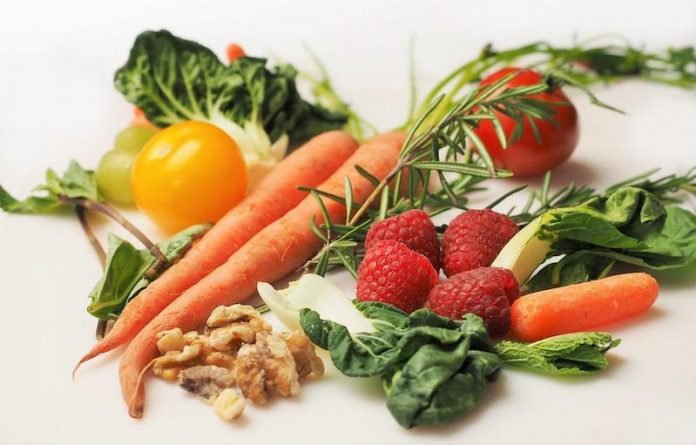
Scientists from the University of Southern California found eating potassium-rich foods like sweet potatoes, avocados, spinach, beans, bananas—and even coffee—could be key to lowering blood pressure.
High blood pressure is a global health issue that affects more than one billion people worldwide.
The World Health Organization estimates that hypertension is responsible for at least 51 percent of deaths due to stroke and 45 percent of deaths due to heart disease.
In the study, the team explored the link between blood pressure and dietary sodium, potassium and the sodium-potassium ratio in a review.
They found several studies demonstrating that higher dietary potassium was associated with lower blood pressure, regardless of sodium intake.
Interventional studies with potassium supplementation also suggested that potassium provides a direct benefit.
The team also reviewed recent studies in rodent models to illustrate the mechanisms for potassium benefit.
These studies showed that the body does a balancing act that uses sodium to maintain close control of potassium levels in the blood, which is critical to normal heart, nerve and muscle function.
When dietary potassium is high, kidneys excrete more salt and water, which increases potassium excretion. Eating a high potassium diet is like taking a diuretic.
Increasing dietary potassium will take a conscious effort, however.
The team explains that our early ancestors ate primitive diets that were high in fruits, roots, vegetables, beans and grains (all higher in potassium) and very low in sodium.
As a result, humans evolved to crave sodium—but not potassium.
Modern diets, however, have changed drastically since then: processed food companies add salt to satisfy our cravings, and processed foods are usually low in potassium.
When dietary potassium is low, the balancing act uses sodium retention to hold onto the limited potassium, which is like eating a higher sodium diet.
But how much dietary potassium should we consume? A 2004 Institute of Medicine report recommends that adults consume at least 4.7 grams of potassium per day to lower blood pressure, blunt the effects of dietary sodium and reduce the risks of kidney stones and bone loss.
Eating ¾ cup of black beans, for example, will help you achieve almost 50 percent of your daily potassium goal.
If you care about blood pressure, please read studies about food that could help control blood pressure, and the key to treating high blood pressure.
For more information about blood pressure, please read studies about how to keep high blood pressure in check, and this high blood pressure drug could help treat vascular dementia.
The research was published in the American Journal of Physiology-Endocrinology and Metabolism and conducted by Alicia McDonough et al.
Copyright © 2022 Knowridge Science Report. All rights reserved.



